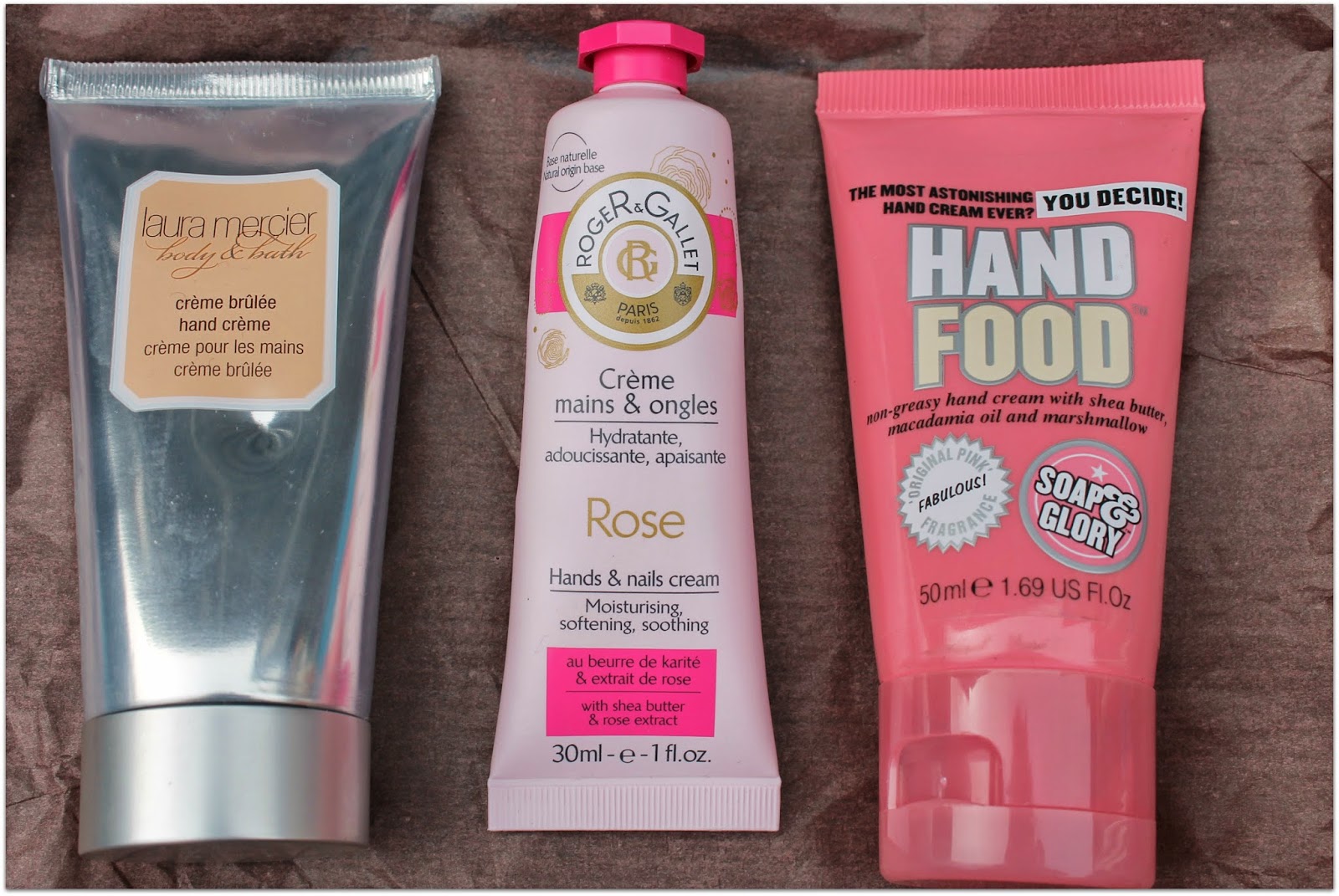Hand cream for nurses is not just a luxury; it's an essential part of their daily routine. With the constant washing, sanitizing, and exposure to various chemicals, nurses often face dry, cracked skin on their hands. In this article, we will explore the importance of hand creams specifically designed for nurses, the best products available in the market, and tips for maintaining healthy hands amidst the demands of their profession.
As healthcare professionals, nurses are on the front lines of patient care, and their hands endure a lot of wear and tear. The frequent handwashing required to prevent the spread of infections can lead to skin irritations and conditions such as dermatitis. Therefore, choosing the right hand cream can significantly improve their skin's health and comfort.
In this comprehensive guide, we will discuss the various types of hand creams suitable for nurses, the ingredients to look for, and how to effectively use them to keep hands hydrated and protected. By the end of this article, you will have a clear understanding of how to care for your hands in a demanding work environment.
Table of Contents
- The Importance of Hand Cream for Nurses
- Types of Hand Creams
- Key Ingredients to Look For
- How to Apply Hand Cream Effectively
- Top Hand Creams for Nurses
- Additional Tips for Hand Care
- Statistics on Hand Health in Healthcare Workers
- Conclusion
The Importance of Hand Cream for Nurses
Nurses have a vital role in the healthcare system, and their hands are their primary tools. Due to the nature of their work, they are constantly using hand sanitizers and soap, which can strip the skin of its natural oils. This leads to dryness, irritation, and even cracking of the skin. Hand cream for nurses is essential for several reasons:
- Prevention of Skin Damage: Regular use of hand cream can prevent the development of skin conditions such as dermatitis, which is common among healthcare professionals.
- Enhanced Comfort: Soft and well-moisturized hands are more comfortable, allowing nurses to perform their duties without distraction.
- Promotes Healing: Many hand creams contain ingredients that promote skin healing, which is crucial for nurses who may have cuts or abrasions on their hands.
Types of Hand Creams
When selecting a hand cream, nurses should consider various types to find one that suits their needs. Here are some common categories:
- Moisturizing Creams: These creams are designed to provide deep hydration and are ideal for daily use.
- Heavy-Duty Creams: Formulated for extremely dry skin, these creams offer intense moisture and protection.
- Non-Greasy Formulas: Perfect for quick applications, these creams absorb quickly without leaving a greasy residue.
- Antibacterial Creams: Some hand creams include antibacterial properties to help protect against germs while moisturizing.
Key Ingredients to Look For
Not all hand creams are created equal. Here are some key ingredients that nurses should look for when choosing a hand cream:
- Shea Butter: A rich moisturizer that helps nourish and protect the skin.
- Glycerin: Attracts moisture to the skin, keeping it hydrated.
- Aloe Vera: Known for its soothing properties, it helps heal and calm irritated skin.
- Vitamin E: An antioxidant that aids in skin repair and protects against environmental damage.
How to Apply Hand Cream Effectively
Applying hand cream correctly can maximize its benefits. Here are some steps to follow:
- After washing your hands, pat them dry with a towel.
- Apply a generous amount of hand cream to your palms.
- Rub the cream into your hands, focusing on the areas that are particularly dry.
- Don't forget to apply cream to your nails and cuticles.
- For best results, apply hand cream before and after your shifts.
Top Hand Creams for Nurses
Here are some of the top-rated hand creams specifically recommended for nurses:
| Product Name | Key Ingredients | Benefits |
|---|---|---|
| O'Keeffe's Working Hands | Glycerin, Allantoin | Highly effective for extremely dry hands, non-greasy feel. |
| Neutrogena Norwegian Formula | Glycerin, Vitamin E | Provides long-lasting moisture, absorbs quickly. |
| Gold Bond Ultimate Healing Hand Cream | Aloe Vera, Shea Butter | Heals and protects dry skin, soothing relief. |
| Aveeno Daily Moisturizing Hand Cream | Colloidal Oatmeal, Glycerin | Non-greasy, provides 24-hour moisture. |
Additional Tips for Hand Care
In addition to using hand cream, nurses can follow these tips to maintain healthy hands:
- Wear gloves when dealing with harsh chemicals or cleaning agents.
- Limit the use of hot water when washing hands to prevent drying.
- Consider using a humidifier in dry environments.
- Stay hydrated by drinking plenty of water throughout the day.
Statistics on Hand Health in Healthcare Workers
Research shows that healthcare workers, particularly nurses, experience a high incidence of hand-related skin issues:
- According to a study published in the Journal of Occupational Health, over 50% of nurses report skin problems related to hand hygiene practices.
- Dermatitis is reported in 20-30% of healthcare workers, significantly impacting their quality of life and job performance.
Conclusion
In conclusion, hand cream for nurses is a vital part of maintaining skin health in a demanding profession. By understanding the importance of hydration, selecting the right products, and employing best practices for hand care, nurses can protect their hands from the harsh effects of their work environment. We encourage you to share your thoughts and experiences in the comments below or explore more articles on skincare for healthcare professionals.
Taking care of your hands is essential, especially in the nursing profession. Don't forget to treat your hands with the love and care they deserve!




